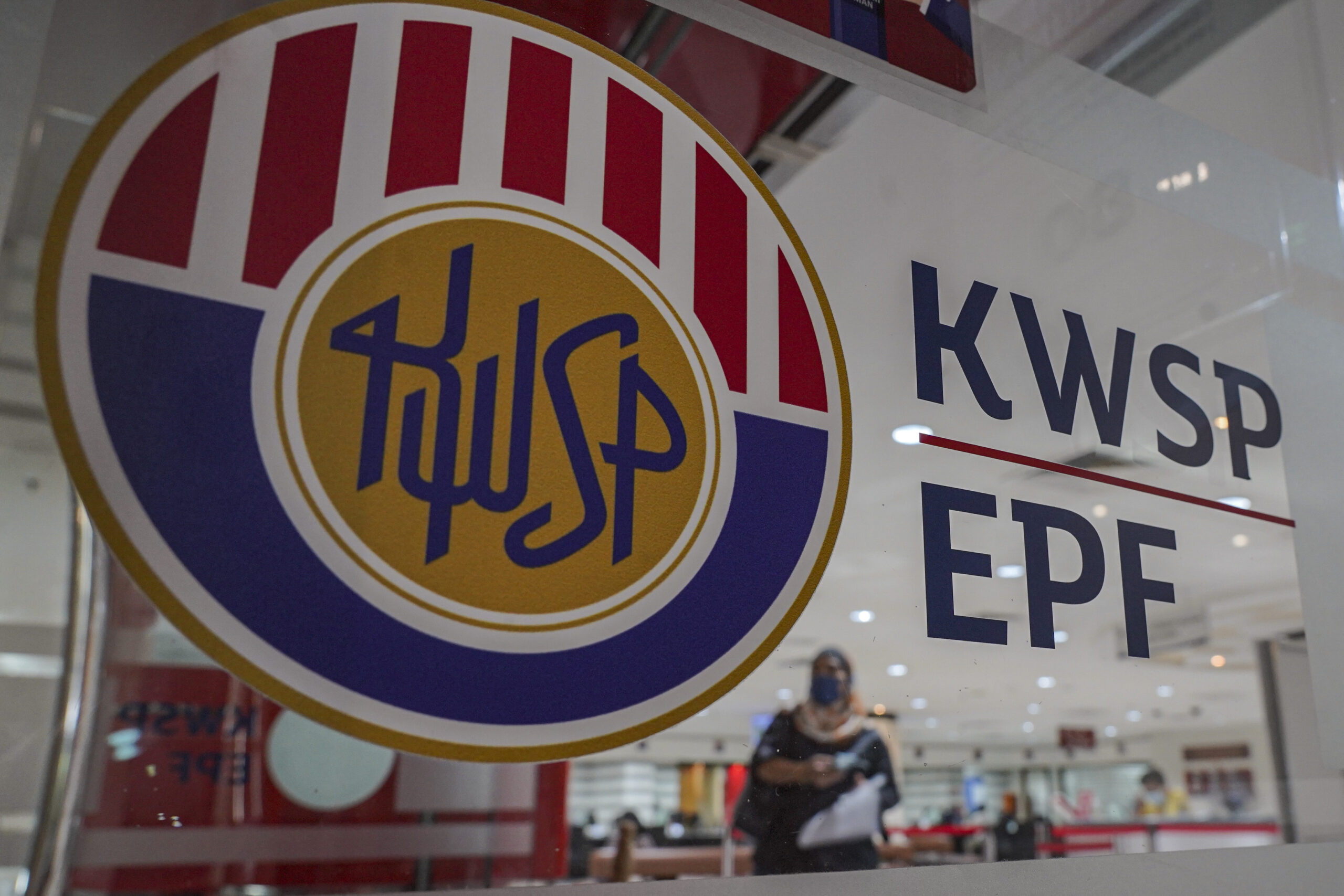THE Employees Provident Fund (EPF) has announced a dividend rate of 6.30% for Conventional Savings, amounting to a total payout of RM63.05 bil, and 6.30% for Shariah Savings, with a total distribution of RM10.19 bil.
This brings the total dividend distribution for 2024 to RM73.24 bil, marking a significant milestone in Malaysia’s retirement savings landscape.
A growth compared to previous years
The 6.30% dividend rate represents a notable increase from 2023, when the EPF declared 5.50% for Conventional Savings and 5.40% for Shariah Savings.
Over the last five years, Malaysia’s economic fluctuations have been reflected in the EPF’s dividend trends.
In 2020, amid the COVID-19 pandemic, dividends dropped to 5.20% (Conventional) and 4.90% (Shariah), while in 2021, a recovery saw dividends rise to 6.10% and 5.65%, respectively.
However, 2022 experienced a dip due to global economic challenges, with dividends at 5.35% and 4.74%.
The return to a higher 6.30% payout in 2024 signals strong economic performance and effective management of EPF’s investments.
This increase is attributed to robust GDP growth, solid corporate earnings, and strong financial market performance, which have enabled the fund to generate higher returns on investments in equities, bonds, and other asset classes.
Economic strength driving higher returns
Malaysia’s GDP growth of 5.1% in 2024, up from 3.6% in 2023, has been crucial for the EPF’s capacity to deliver higher dividends.
This growth was primarily driven by domestic demand, increasing exports, and strategic government initiatives, such as the National Energy Transition Roadmap and the New Industrial Masterplan 2030.
The record RM378.5 bil in approved investments, representing a 14.9% year-on-year increase, further demonstrates investor confidence in Malaysia’s economy.
Additionally, inflation remains stable, and consumer purchasing power has improved, creating an environment conducive to economic expansion.
The strong fiscal policies adopted by the government, including revenue enhancement measures and subsidy rationalisation, have also contributed to overall financial stability, indirectly benefiting EPF’s investment portfolio.

Can EPF sustain this dividend rate in the coming years?
The sustainability of this 6.30% dividend rate will depend on several domestic and global economic factors.
While Malaysia’s GDP is expected to grow by 4.5% in 2025, external risks, such as global trade uncertainties and geopolitical tensions, could impact economic performance.
The US threat of tariffs on Southeast Asian exports poses a potential risk to Malaysia’s trade-dependent sectors, which may, in turn, influence EPF’s investment returns.
However, Malaysia’s economic fundamentals remain strong, with stable interest rates projected to hold at 3% in 2025, alongside continued efforts to attract foreign direct investment (FDI).
The expansion of EPF contributions to foreign workers and the increase in the minimum wage to RM1,700 per month is also expected to boost fund inflows, potentially supporting sustainable dividend payouts in the future.
Impact on consumer spending and investments
The RM73.24 bil payout is expected to have far-reaching macroeconomic impacts. Increased disposable income for EPF members could lead to a surge in consumer spending, benefiting sectors such as retail, property, travel, and financial services.
Businesses are also likely to experience higher revenues, fostering job creation and economic expansion.
At the same time, the higher returns encourage investments, with more individuals channelling funds into stocks, bonds, and real estate. This boost in liquidity is anticipated to enhance capital market performance, further strengthening the country’s investment climate.
The EPF’s 6.30% dividend announcement for 2024 indicates Malaysia’s economic strength and the fund’s strong financial management.
As the country continues to navigate global uncertainties, strategic investments, sound fiscal policies, and robust domestic demand will be key to maintaining strong and sustainable dividend payouts in the future.
While external challenges persist, Malaysia’s stable growth trajectory and investment-friendly climate suggest that EPF members can continue to expect competitive returns on their retirement savings. – March 4, 2025
Dr Nivakan Sritharan is a lecturer from the Faculty of Business, Design and Arts at the Swinburne University of Technology Sarawak Campus.
The views expressed are solely of the author and do not necessarily reflect those of Focus Malaysia.
Main image: Media Mulia









